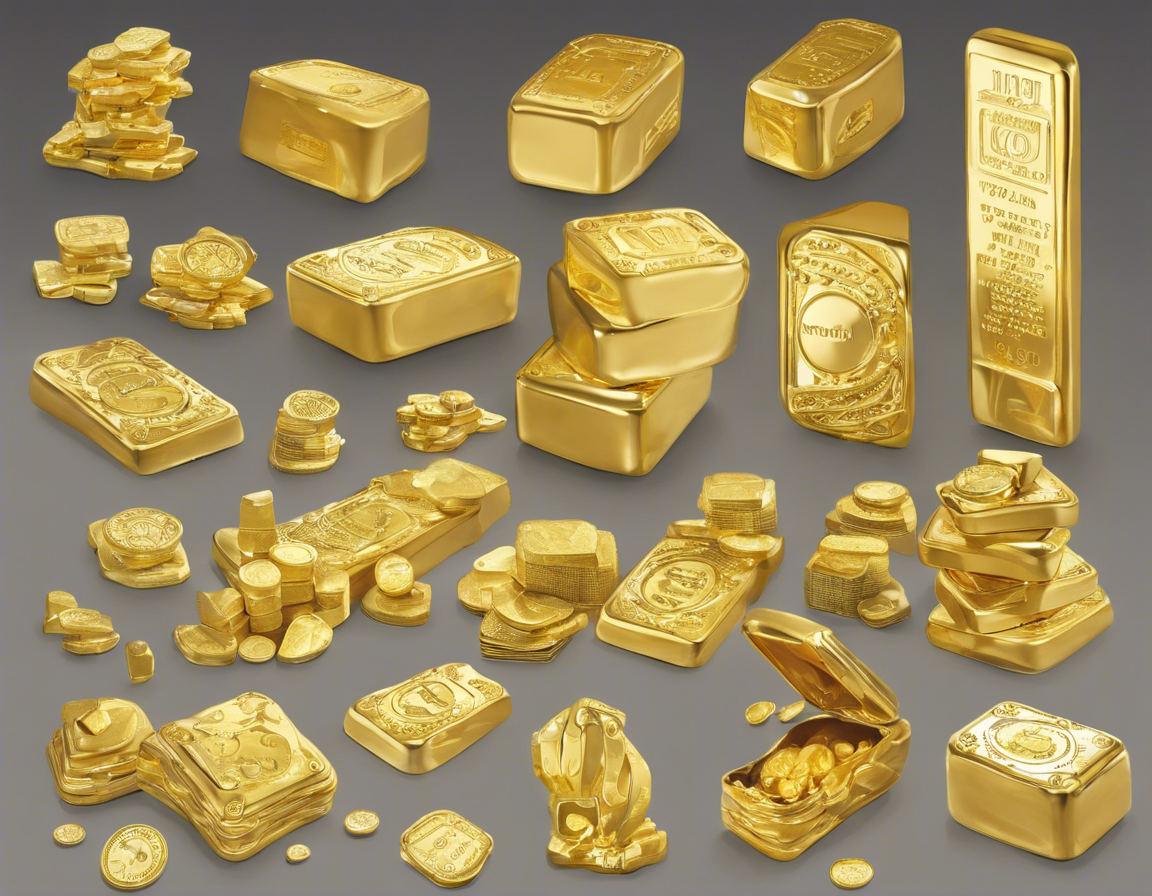Gold has long been a popular investment option for individuals looking to diversify their portfolios and hedge against economic uncertainties. But when is the best day to buy gold? Timing your gold purchase is crucial to ensure that you get the best possible price and maximize your returns. In this comprehensive guide, we will delve into the various factors that can influence the price of gold and provide insights into determining the optimal day to buy gold.
Factors Affecting the Price of Gold
Before we discuss when to buy gold, it is important to understand the factors that influence the price of this precious metal. Gold prices are influenced by a variety of factors, including:
1. Market Conditions
- Supply and Demand: Like any other commodity, gold prices are influenced by supply and demand dynamics.
- Geopolitical Events: Political instability and tensions can drive investors towards safe-haven assets like gold.
2. Economic Indicators
- Interest Rates: Gold prices have an inverse relationship with interest rates.
- Inflation: Gold is often seen as a hedge against inflation, so prices may rise during times of high inflation.
3. Market Speculation
- Investor Sentiment: Speculation and investor sentiment play a significant role in the short-term fluctuations of gold prices.
Best Day to Buy Gold
While it is difficult to predict the exact best day to buy gold due to the volatile nature of the precious metals market, there are a few strategies that investors can consider:
1. Dollar-Cost Averaging
- Instead of trying to time the market, consider using a dollar-cost averaging strategy where you invest a fixed amount in gold at regular intervals. This approach can help mitigate the impact of market volatility.
2. Monitor Market Trends
- Keep an eye on market trends and news that may impact the price of gold. Look for opportunities to buy during market dips or when prices are relatively low.
3. Avoid Impulse Buying
- It is important to conduct thorough research and analysis before purchasing gold. Avoid making impulsive decisions based on short-term market movements.
4. Consider Seasonal Trends
- Some studies suggest that gold prices tend to be higher towards the end of the year. Consider historical price data and seasonal trends when planning your gold purchase.
Frequently Asked Questions (FAQs)
1. Is it better to buy physical gold or invest in gold ETFs?
- The decision between physical gold and gold ETFs depends on individual preferences and investment goals. Physical gold offers tangible ownership, while gold ETFs provide liquidity and convenience.
2. Should I buy gold as a long-term investment?
- Gold can be a valuable long-term investment option, especially as a hedge against inflation and economic uncertainties. It is important to diversify your portfolio and consider your financial goals.
3. What is the role of gold in a diversified investment portfolio?
- Gold plays a crucial role in diversifying investment portfolios and reducing overall risk. Its low correlation with traditional assets can help improve portfolio resilience.
4. Are there any tax implications when buying gold?
- The tax treatment of gold investments varies depending on factors such as the form of gold (physical or paper) and the holding period. Consult with a tax advisor for personalized advice.
5. How can I store physical gold securely?
- Investors have several options for storing physical gold, including home safes, bank safe deposit boxes, and third-party vaults. Evaluate the pros and cons of each storage method before making a decision.
In conclusion, timing your gold purchase can be a challenging task, given the complex factors that influence the price of this precious metal. By staying informed about market trends, adopting a disciplined investment approach, and considering your long-term financial goals, you can make informed decisions about when to buy gold. Remember that gold should be viewed as a part of a well-diversified investment strategy and not as a standalone investment.
